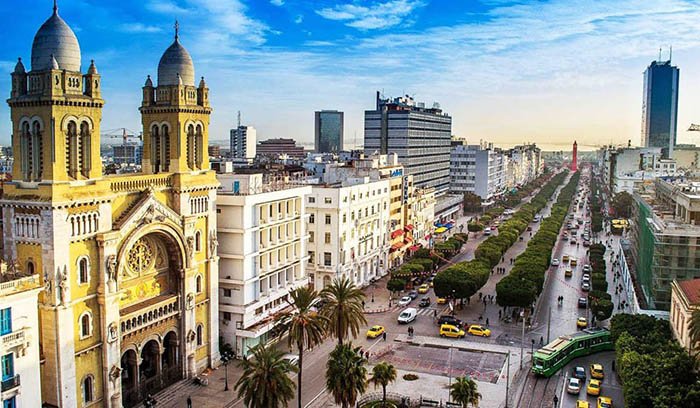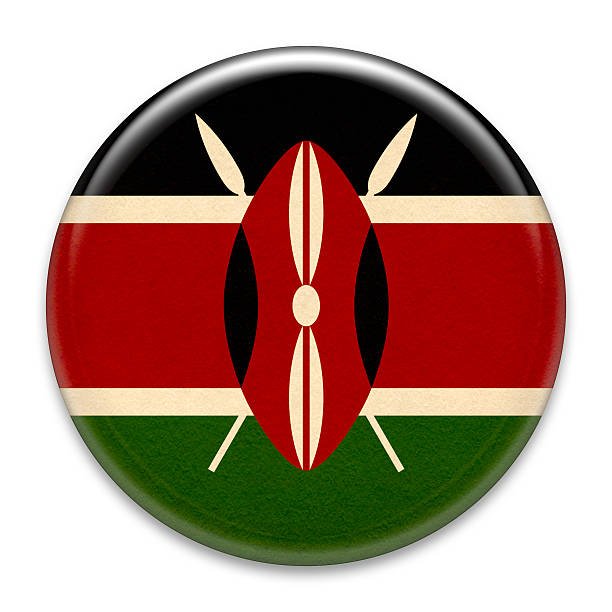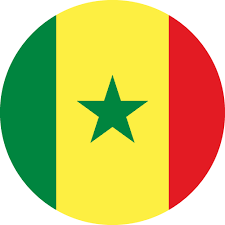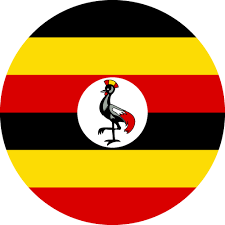Employer of record in Tunisia
Employer of record in Tunisia
Employer of record in Tunisia
Employer of record in Tunisia

Tunisia is a North African country located along the Mediterranean Sea, bordered by Algeria and Libya. Known for its rich history, diverse culture, and Mediterranean climate, Tunisia blends Arab, Berber, and French influences. Its capital is Tunis, and key sectors include tourism, agriculture, and manufacturing.
Employee Benefits
PAID TIME OFF
Annual Leave: Employees in Tunisia are legally entitled to a minimum of 21 consecutive days of paid annual vacation, excluding public and religious holidays. Collective agreements typically stipulate that workers earn at least one day of leave for every 17 days worked or compensated. Public holidays recognized by law are also paid days off.
Sick Leave: While there is no fixed limit for sick leave in Tunisia, employees must inform their employer within 48 hours of falling ill and must provide a valid medical certificate. Eligible workers can receive benefits through the social security system during their period of illness.
Maternity Leave: Female employees are entitled to a minimum of 14 weeks of maternity leave. During this period, they are entitled to receive no less than two-thirds of their average salary prior to taking leave.
Paternity Leave: New fathers in the private sector are entitled to one day of paid leave, while those in the public sector may receive two days. This leave must be taken within a week of the child’s birth.
Family Leave: No statutory provisions are in place for family-related leave beyond maternity and paternity entitlements.
Public Holidays: Tunisia observes 12 official public holidays each year, during which employees are entitled to paid leave.
Other Leave: There are currently no additional paid leave categories under Tunisian labor law.
MANDATORY EMPLOYEE BENEFITS
Unemployment Benefits: Employees with permanent contracts who are dismissed due to economic or technical reasons may qualify for unemployment assistance. Eligibility requires contributions to the CNSS for at least three consecutive years. Benefits are provided for up to 12 months and are not restricted by nationality.
Work Injury Compensation: Work-related accidents in Tunisia are classified as:
- Total permanent disability
- Partial permanent disability
- Temporary disability
- Fatal injury
Accidents during commutes are considered work-related. For disabilities ranging from 15% to 50%, compensation is half the annual salary multiplied by the degree of disability. For degrees above 50%, the multiplier increases to 1.5. If the disability rating is 35% and benefits have been received for five years, a lump sum payment is allowed. A 5% to 15% disability results in a lump sum of 150% of the annual salary used for calculation, multiplied by the disability percentage.
Social Security: Tunisia’s pension system typically sets retirement at 65. Any increase must consider the workforce’s capabilities and the nation’s socio-economic realities. Survivor benefits for dependents are a minimum of 40% of the insured’s wage. Temporary unemployment benefits are also calculated as a percentage of either the minimum wage or the worker’s previous earnings.
Disability Benefits: If a person cannot work due to a long-term non-work-related condition before reaching retirement age, they may qualify for invalidity benefits, which are no less than 40% of their reference wage.
Retirement Pensions: There are three types of retirement benefits:
- Standard pension: Requires 120 months of contributions and a minimum age of 60 (or 50 for hazardous jobs with 180 months of contributions). The benefit starts at 40% of average earnings in the last ten years, increasing by 0.5% for every three months beyond 120 months.
- Early pension: Available from age 55 with 360 months of contributions. Benefits are reduced by 0.5% per quarter before age 60.
- Partial pension: Provided to workers with 60 to 119 months of contributions. Workers with fewer than 60 months receive a lump-sum refund of their contributions. The pension must meet or exceed 50% of the legal monthly minimum wage.
HEALTHCARE AND INSURANCE
Health Insurance: Tunisia’s health insurance system is managed by the Caisse Nationale d’Assurance Maladie (CNAM) and is mandatory for all residents. Coverage extends to the spouse and children of the insured, provided eligibility criteria—such as minimum workdays in recent quarters—are met.
Private Healthcare: Private medical care is accessible in Tunisia and may be chosen voluntarily by employees or offered by employers.
Private Insurance: Private life and health insurance options are available for individuals who wish to supplement the public system.
PERSONAL INCOME TAX
Tax Year: The tax year runs from January 1 to December 31.
Tax Brackets: Tunisia applies a progressive tax system to individual income:
| Taxable Income (TND) | Rate |
|---|---|
| 0 – 5,000 | 0% |
| 5,001 – 20,000 | 26% |
| 20,001 – 30,000 | 28% |
| 30,001 – 50,000 | 32% |
| 50,001 and above | 35% |
Tax Residency: A person is considered a Tunisian resident for tax purposes if:
- Their main home is in Tunisia, or
- They spend at least 183 days in the country within a calendar year, either consecutively or intermittently.
Where dual residency applies under a double tax treaty (DTT), residency is determined by:
Permanent home location
Center of vital interests
Country of habitual abode
Nationality (if necessary)
Double Taxation Treaties: Tunisia has several agreements to prevent double taxation and determine residency for tax purposes.
PAYROLL PRACTICES
Payroll Schedule: Salaries are generally paid on the last working day of each month.
Components of Pay
Employee earnings may include:
- Base salary
- Bonuses
- Overtime
- Allowances (e.g., housing or education)
- Benefits in kind (e.g., company car)
- Lump sum payments
All these are considered taxable income.
Bonuses: Bonuses are not mandatory but are commonly used to reward performance.
Allowances: Allowances are taxed based on their actual or declared value. For example, company-provided housing or transport is assessed according to contract or prevailing market rates.
Non-Cash Benefits: Non-cash perks such as vehicles or housing are valued based on actual employer cost. Transport provided to employees working in development zones is exempt from withholding tax.
INVESTMENT & CAPITAL GAINS TAXATION
Real Estate Gains
Gains from the sale of real estate are taxed as follows:
- 10% if sold after five years of ownership
- 15% if sold within five years
Stock and Share Disposal
- Listed Shares (Post-2011 Purchases): Capital gains are taxed if shares are sold within one year of purchase.
- Listed Shares (Pre-2011 Purchases): Gains are tax-exempt.
- Unlisted Shares: Gains by non-residents are generally tax-exempt unless specified by law.
Residents are taxed at 10% on net gains from share sales, after deducting TND 10,000. If both gains and losses occur in the same year, the net gain minus TND 10,000 is taxable.
Non-residents may opt for withholding tax at 10% on the gain or file a return to offset losses.
RETIREMENT FUNDING
Pensions are available in the form of standard, early, or partial retirement as defined under Tunisia’s mandatory pension system. The pension amount is based on a percentage of average earnings and adjusted for contribution duration and retirement age.
HEALTHCARE
The national health system covers all workers and their families under CNAM, provided the eligibility requirements (based on employment duration) are satisfied. Voluntary private plans are also an option.
INCOME & DEDUCTIONS
All forms of income—including salaries, bonuses, and benefits—are subject to personal income tax. Rent paid by individuals is subject to 5% withholding tax, unless exempt (e.g., low rental value, payment to real estate firms, or corporate lessors). The withheld tax must be submitted monthly, and quarterly and annual summaries are required.
Other taxable sources include:
- Dividends (10% WHT)
- Bond interest (13% WHT, paid quarterly)
- Capital gains (varied rates based on residency and listing status)
































